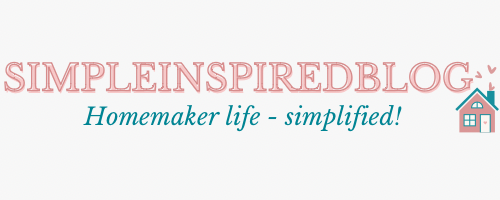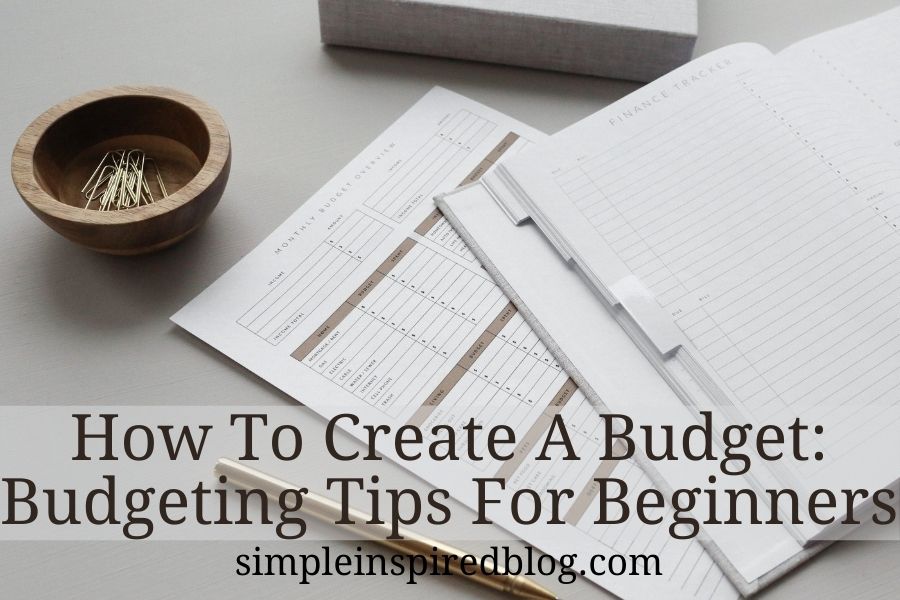Budget — a lifeless, dull, scary word, right? Well, seemingly yes for many of us, but remarkably empowering for your finances. For financial freedom. And for you to lead a stress-free life.
The budget is nothing but an estimate of income and expenses.
Budgeting won’t stop you from living a good life or make you a tightwad. It, in fact, will give your expenses a structure.
It’s a quick written rundown of your incomes and gains, and expenses and losses. So that everything is out of the mind and into reality.
With a structured plan in hand, you can decide — where your money should go; watch the areas you’re overspending; and examine where you can cut down.
Spending is an inevitable part. We will spend whether or not we have money. Yet it is also a sad truth that earning money isn’t as easy. You’ve got to put in time and effort irrespective of your skills and experience.
Thus, considering budgeting as part of your occupation/business becomes evident.
Before getting into the steps to create a budget let’s first take a look at how you can stick to the budget. Because the most crucial part is being consistent with your budget, month-on-month.
State why:
To attain any goal you must specify yours why. It’s always encouraging to have it written out for a visual note.
For most grounds you need a budget to– get out of the rut of living paycheck to paycheck; when running up huge debts; save up for your dream car or home; save up for retirement or a grand trip.
Specifying the clear reason why you need a budget will keep you determined toward your (goal) budget.
Start small:
Having a big financial goal or being heavily indebted doesn’t mean you should cut down on a large scale or deprive yourself of fun in life.
That’s a non-sustainable way.
That’s a key reason many people give up on budgeting or maybe are unwilling to start in the first place.
First, you never bother about your money. Then, out of the blue, you want to make big, unbearable changes that cannot be upheld.
Instead, try making small changes that won’t affect your day-to-day life.
For instance, instead of expelling — eating out, movie dates, partying, and shopping, altogether from your first month of budget. Try decreasing the incidences. Like, if you eat out all 4 weekends — try to skip 2 trips, or order all 4-weekend meals at the price of 2.
The next month try renting out a movie, setting up a movie date at home, and so on.
I can guarantee — as you start living frugally and see more money in your bank account, you’ll be drawn towards saving rather than splurging.
HOW TO CREATE A MONTHLY HOUSEHOLD BUDGET [4-STEP ACTIONABLE PLAN]
Gather your pay slips, bank statements, bills, receipts, credit card records, notebook, and pen, and let’s start creating your first budget. Never mind if you cannot complete creating your budget in the first sitting. You can pause and get back to it.
#StepOne — Calculate your income:
The first step in creating a perfect budget is computing your income and gains.
Jot down your current
- take-home salary
- side hustles
- Interest
- Commissions/brokerage/dividends
- Real estate
- Bonuses
- Traveling/medical/other allowances
The simpler way to do this is to assess your bank statement. For your average monthly income — sum up three months’ income.
Say, for example, in April, you received a take-home salary of $2400, in March $2100, and $2300 in February. That totals up to $6800 for 3 months. Now, divide this amount by 3. The value you get (2260 round sum) is your average monthly salary. Now you can consider this figure or the least amongst the three, that is $2100 as your monthly income.
It is always better to consider the least amount of income.
You can calculate your different revenue streams in this manner.
#StepTwo — Estimate expenses:
There are two types of expenses — fixed and flexible expenses.
Fixed expenses categorize things such as rent or mortgage, insurance, loan, investment, emergency fund, tax, etc.
Since fixed expense is the amount you’re committed to, it will be smart to plan and lay money aside well in advance for when the payments are due.
Reserving money for your fixed expenses out of your total income will give you a clear picture of what is left as your discretionary expense (total monthly income – fixed expenses = flexible expense amount).
The flexible expenses include your living expenses like groceries, electricity, water, gas, internet, repairs, clothing, subscriptions, entertainment, and gifts.
Calculating your living expenses will be easier if you keep track of bills and receipts at least for a few months.
Spending more than earnings?
No worries, take your time and manage your expenses carefully. Track every dime and see where you can cut corners. This is the area you can do a whole lot more.
Earnings more than expenses?
Kudos, you can head for step 3.
#StepThree — Plan your savings:
Considering the remaining amount, plan your savings before the things you WANT to buy start coming to your mind. It is important to be disciplined and intentional with your money at this point if you want to get the best out of your budget. Many people neglect this step. But you cannot afford to miss it. The main goal of budgeting is to avoid spending all of your money and rather build savings.
Talk to your partner or family and determine the percentage you want to put in your Emergency Fund and for other savings and goals. Write out your long-term and short-term goals. Prioritize them. Be realistic. Prioritizing your short-term goals can make it easier to reduce spending or credit card debts.
I know the ugly part about budgeting is restricting yourself from buying your favorite things and having fun. No worries I’ll have you covered in another article soon.
#StepFour — Take action:
Now that your basic budget plan is ready you need to start implementing it.
Track your expenses daily. Take a few minutes at the end of every month to review your budget. Check if the spending is within the limits.
Don’t forget to keep records of bills and receipts every month. And tweak your budget in case you get a raise or when additional expenses occur.
Final words:
These are general and easiest guidelines for creating a household budget. To create a personalized budget (which I highly, recommend) feel free to make alterations to the aforementioned steps. And create a budget plan that is simpler for you to stick to.
Share your budgeting tips and tricks in the comments section below. Thank you so much for reading. Happy Budgeting!

